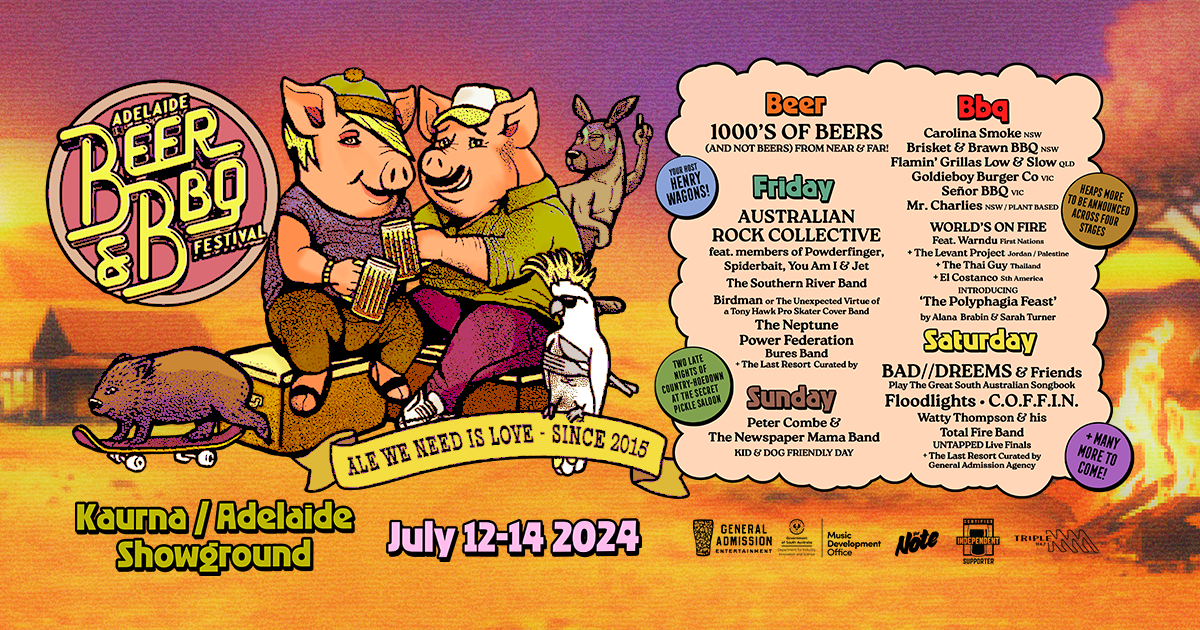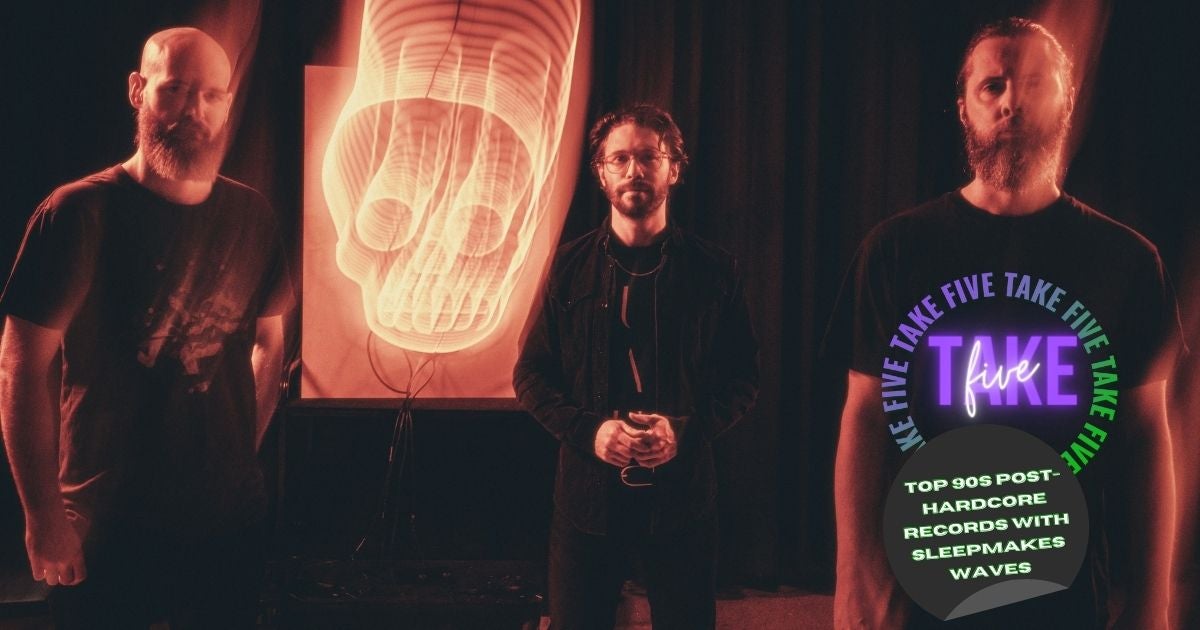Yours & Owls Presents...
Ali Barter (Solo) w/ Special Guests (Late Show)
For Ali Barter to make music again, she first needed to learn to get out of her own way.
In the wake of her 2017 debut record A Suitable Girl the indie-pop singer became a kind of vessel, slowly filling to the brim with a steady stream of doubts and hang-ups about her sound and herself.
“The first record came out and for some reason I rejected it,” she says, listing the complaints she found with her own work, it’s too polished and my voice is too high being at the top of the list. “When people responded to it, I heard myself in a heightened way”. The criticisms came so regularly and in such quick succession that the vessel threatened to overflow. Barter was determined to never write a song again.
But in winter, a few months after the record’s release, she went out of town to clear her head, with her guitar for company. “Stuff started coming up and I couldn’t push it down,” she says, despite feeling like she “wasn’t ready” for what these songs were saying.
When she set about recording and testing the limits of her surprising new songs with Oscar Dawson – her producer, constant collaborator and husband – she heard something in them she’d realised she didn’t need to fight against anymore. “When we demoed them up I was like, Oh, there I am. The thing that I was pushing against was me.”
The process of Barter conceding to herself and recording Hello, I’m Doing My Best became one and the same. And that process has resulted in a revealing collection of songs that track her most formative relationships: to her body, her instincts, sobriety and the old vices it counteracts, and the people she loves most.
Barter confesses to having dealt with eating and drinking issues, tied to the difficult and intimate relationship many women learn to have with their body from an early age. “It’s always been about some form of shame and I feel it so intensely that I can’t help but write about it.”
The record opens with a gesture of understanding, offered posthumously to her dad, who died when she was 24. “I was an only child so I was very close to him, but we fought a lot,” she says, explaining the song’s title, ‘Lester’ is a reference to the character of Lester Burnham, from the film American Beauty. The song appears here almost exactly in the state it was first recorded; a spacious, delicate ditty, recorded partly on an iPhone. It’s like a note to self. Like her own dad, the character had a midlife crisis and a complicated relationship with his daughter. “He was a flawed, beautiful, hilarious person.”
Films, particularly ones starring Winona Ryder or about teenagers from the late ‘90s and early 2000s, inform so much of Barter’s style, both visually – in the music video for this record’s first single, ‘Ur A Piece of Shit’, she embodies character tropes from a darkly comic high school that seems plucked straight out of Heathers – and sonically. Seminal films like The Craft, Clueless, Jawbreaker and 10 Things I Hate About You were soundtracked by women and guitars, and that generation of movies and their soundtracks remains one of Barter’s main inspirations. The darkness of teen girls’ stories, she says, all comes back to the idea of innocence lost: characters that were sheltered and naive are exposed to drugs, or they experience abuse, “or they’re in a bitchy friendship group and then kill everyone,” she laughs. “They’re always searching for something.”
Seven years ago, Barter quit drinking and began playing music. Through the process of getting sober and learning to accept the way things are, and to turn the volume down on the perfectionist instincts that used to push her harder until all she could do was feel failure for not measuring up. The symptoms and effects of her past life with alcohol are flecked across this record, something the overwhelming feedback to her breakout single, ‘Girlie Bits’, gave her the confidence to do. “Other people’s responses to it made me feel like I could go deeper, like I could say more. And so that’s why I have gone deeper and I have said more.”
Let me tell you my / History of boys / Driving way too fast / Making too much noise she sing-songs on the anthemic ‘History of Boys’, a track with much more going on beneath the title.
“It’s not really about boys; it’s about my relationship to excess,” Barter explains.
A song like this is underpinned by brutal honesty, which Barter was more than prepared to indulge in. “When I hear people share honest things about themselves it makes me feel less shame about my own stuff.” To keep her past from being like a “dirty little secret” she needs to vocalise what her behaviour did to her, what it felt like. “I wear my faults on my sleeve.”
“I’ve felt shame about lot of the things that I’m writing about on this record,” she says. “I definitely felt shame about being the last girl at a party or falling drunk off the roof or eating until I make myself throw up.” Her relationship to more of everything propels this song into its darkly catchy chorus of I used to get drunk and black out! “It is an acceptance of my relationship to things outside of myself.”
After that first self-imposed exile that led to new material, Barter and Dawson made time for more writing sessions, this time together. By now, they’ve fine-tuned their working relationship. Barter writes the lyrics, chords and melodies, while Oscar handles the bassline, drums and “guitar riffs or whatever – I don’t know how to do that and I’m not interested in learning; I just want to tell stories,” she shrugs.
They set about recording the album over three sessions at Head Gap studios, in the northern Melbourne suburb of Preston. After being confronted by, and in turn resenting, her sound, Barter learned to embrace it.
Using her previous experience of making a record as a barometer, Barter made sure it was different this time. Less pressure, fewer opportunities to open herself up to her harsh inner critic. “I wanted less instrumentation. Less polished production.” Everything outside guitars, bass, drums and vocals were stripped away. “I didn’t want it to be wall of sound, lush. I wanted it to sound gritty and a bit shit sometimes.”
The grittiness of her sound crosses over lyrically, too. On ‘Big Ones’, a crisp guitar becomes crunchy and heavy as Barter sings about the act of encountering outside opinions, and choosing only to focus on the ones that matter. On ‘January’, a Groundhog Day-style recollection of trying over and over, every new year, to transform into a “better” version of herself, Barter offers an existential truth in a repeated howl: we’re all going nowhere, ultimately. “It sounds really dark, but we are!” she says. “Every day is just a day.”
“There’s a line in the song that says, Hey there, salutations / Wasn’t really the end, because I’ve said goodbye to so many things: goodbye bad energy; goodbye this behaviour; goodbye carbs; goodbye whatever,” she explains. “It’s never the end. They always come back.”
Barter has a knack for tapping into dark and confronting truths in a way that sounds light, sometimes even cheeky. You can almost hear her smile through a song like ‘Cocktail Bar’, a catchy recollection of catching sight of yourself in a metaphorical mirror and not realising the person staring back at you. It opens with a troubling recollection that came flooding back to her when she and Dawson went out for a drink (a fruity mocktail for her) while visiting San Francisco: I met him a cocktail bar / I didn’t know who he was / When I woke up he was fucking me / And now I feel a little slutty.
“I really connect to the idea that you can say something really controversial, but if you say it in a nice way people are more likely to listen to it,” she muses. “Like, la la la, fuck you! It’s manipulative. I’m manipulative.”
Barter says writing about the dark experiences of her history with drinking is a way of owning it, as well as a tool for talking about shame and bad behaviour, as she does later in ‘Cocktail Bar’.
“This song is really about how baffling I found my behaviour, how baffling I found my alcoholism. It was so confusing because I was this girl who had dreams and was a nice person with a nice upbringing. And then I would go out and get myself in these really fucked up situations.” The sentiment she repeats in the chorus is somewhat of a theme for most of this record: I’m not the girl I want to be.
Or at least, she wasn’t. For all that Barter describes this record as an act of purging her past, doing so with hindsight and a level of distance illustrates her growth, as both a songwriter and a person. She is able to understand and empathise with the girl inhabiting these stories, while also moving past the shame that threatened to consume her. That distance allows her to accept her sound and style and self just as they are.
“The record is called Hello, I’m Doing My Best which is exactly what I had to learn in life too, not just around the last record. This is all I have, and I’m going to do it. And then I’m going to step away. And that’s it; I can’t do anything else. That’s who I am and I can’t fucking push it away anymore.”




.jpg)